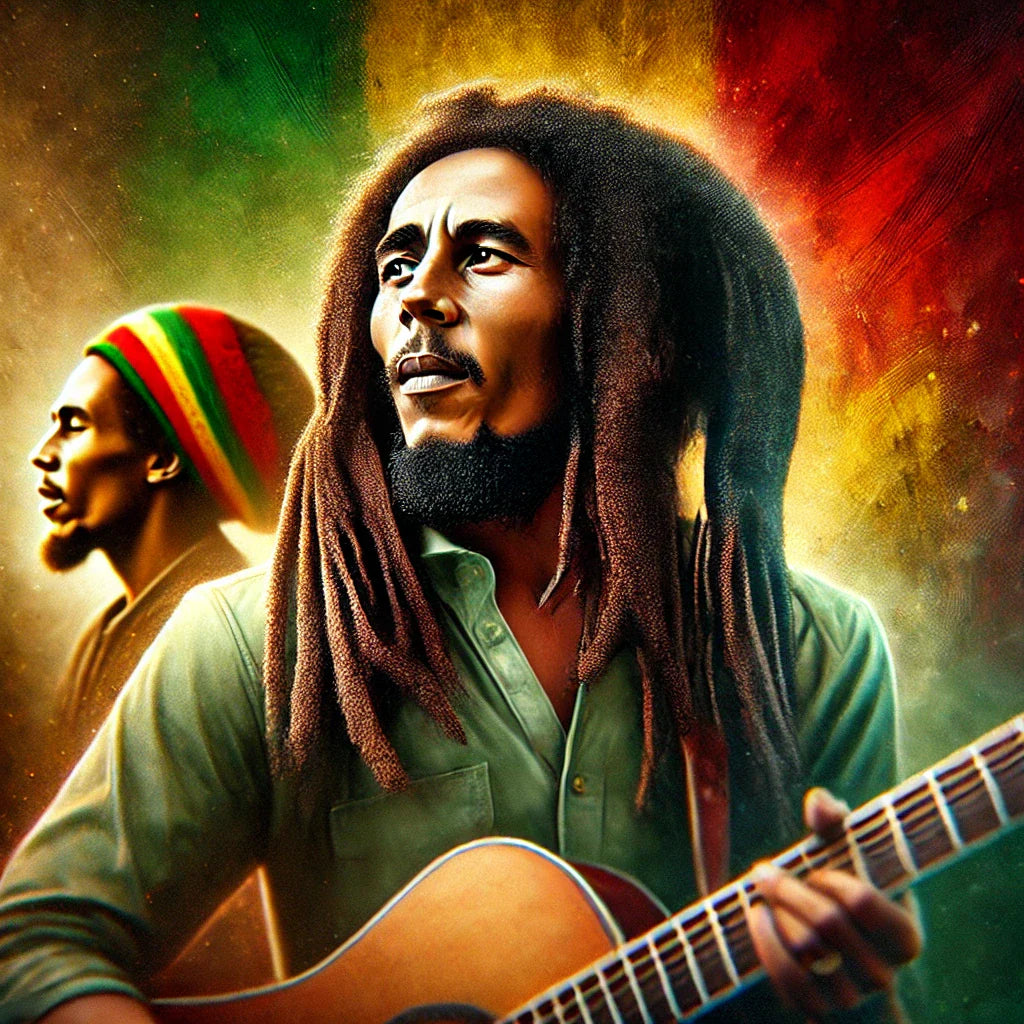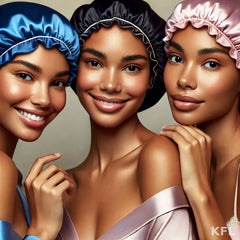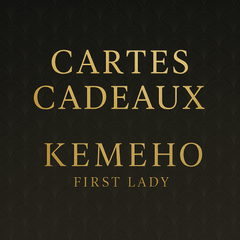
Bob Marley: The Legend of Reggae and Resistance
Share Label
1976, a night of chaos and fire.
The streets of Kingston were in turmoil. Gunshots echoed in the darkness, clashes erupted, and fear gripped the city. In a small house on Hope Road, a man tuned his guitar, unfazed by the panic outside. Bob Marley, the ghetto child turned voice of the people, was about to sing.
That night, he was rehearsing for the Smile Jamaica concert, an event meant to ease political tensions. But as he stood in the studio, shadows approached. Armed men burst in and opened fire. Two bullets hit Bob—one grazing his heart, the other lodging in his arm. His manager and his wife, Rita, were also wounded. Jamaica held its breath: the king of reggae had been attacked.
Two days later, against all odds, Bob Marley took the stage. His wounds were still fresh, but he sang as if his life depended on it.

When asked why he didn’t cancel, he simply said:
“The people who are trying to make this world worse never take a day off. Why should I?”
From Trench Town to Global Fame
Long before becoming a legend, Bob Marley was a child of the ghetto. Born in 1945 in Nine Mile, he grew up in the harsh streets of Kingston. Poverty was everywhere, but music was his escape. With Peter Tosh and Bunny Wailer, he formed The Wailers, revolutionizing ska before bringing reggae to the world stage.
His music was a cry for justice, a call for unity and resistance. Get Up, Stand Up, No Woman, No Cry, One Love—each song was an anthem. His voice carried the struggles of the oppressed, his guitar echoed like a drum of peaceful rebellion.
Marley wasn’t just singing for entertainment. He was singing to awaken minds.
A Messenger of Peace and Unity
In 1978, he organized the legendary One Love Peace Concert. On stage, he did the unthinkable—he brought Jamaica’s two rival political leaders, Michael Manley and Edward Seaga, together and made them shake hands before a mesmerized crowd. That night, music defeated war.

But the man was growing weary. A cancer, discovered in 1977, was silently consuming his body. Yet, he kept singing. He traveled the world, delivering legendary concerts from Africa to Europe. His final album, Uprising, carried the weight of a prophecy.
On May 11, 1981, Bob Marley passed away in Miami. His last words to his son Ziggy were: “Money can’t buy life.”

But his legend never died. Even today, his words and music transcend generations, reminding us that freedom, peace, and love are the only true weapons of humanity.









